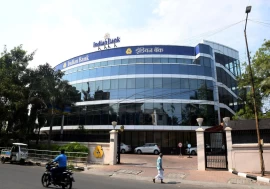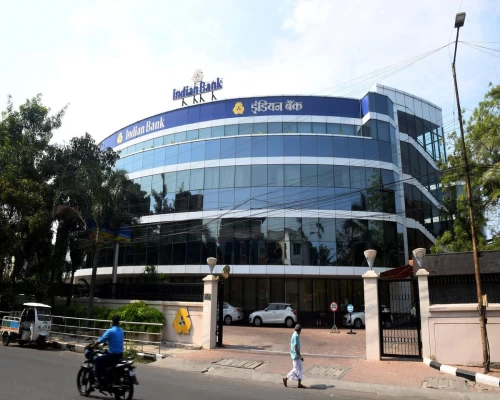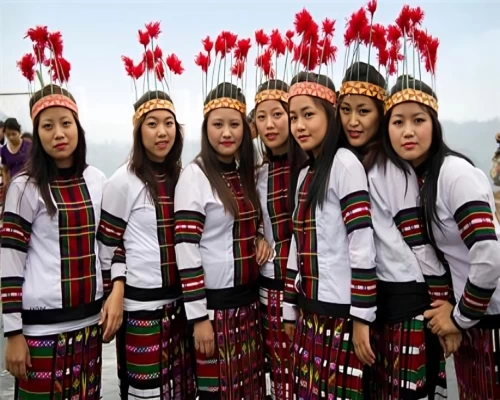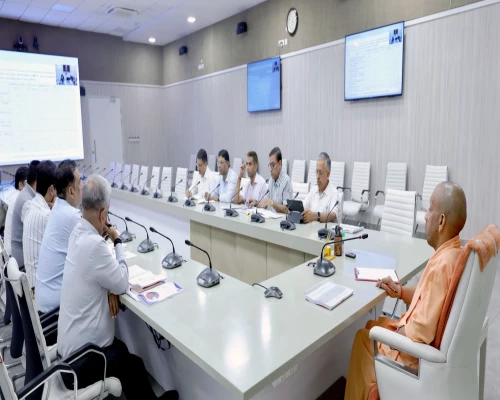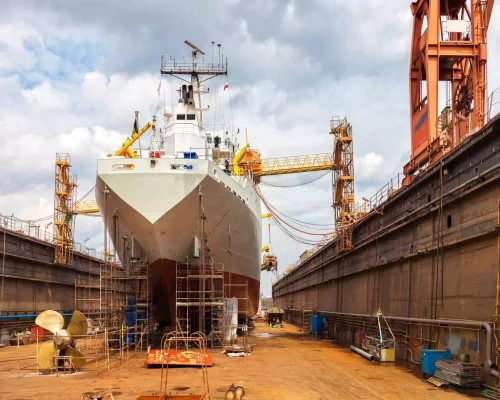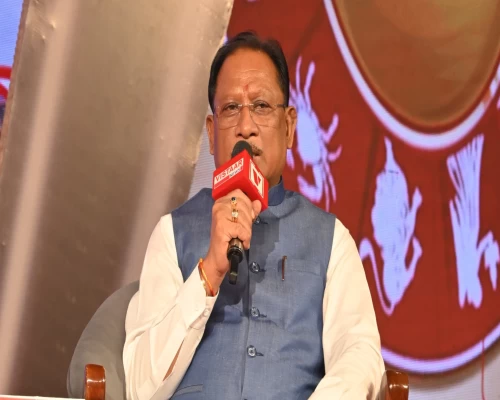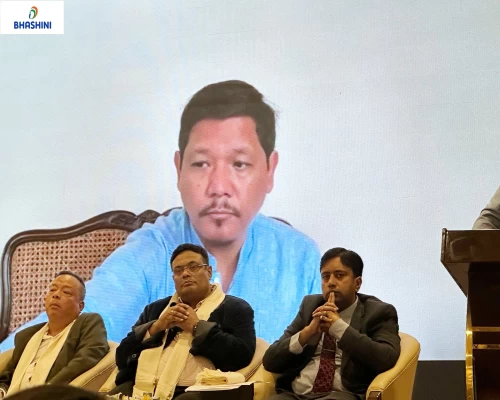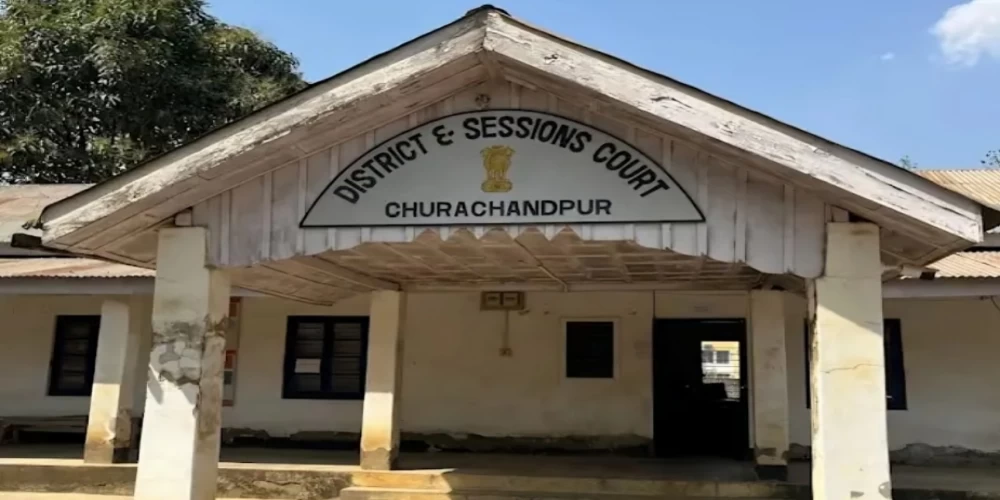
Imphal: In a significant step to address the ethnic violence that has ravaged Manipur since May 2023, the Ministry of Home Affairs (MHA) announced on Thursday that the district and sessions court in Churachandpur has been designated as a special court under the National Investigation Agency (NIA) Act, 2008. This court, with jurisdiction across the entire state, will handle high-profile cases related to the conflict, including the brutal abduction and murder of six women and children in Jiribam, as the central government seeks to deliver justice in a region where violence has claimed at least 260 lives and displaced over 50,000 people. The following timeline traces the sequence of events leading to this development, highlighting the origins, escalation, and ongoing efforts to resolve the crisis as of May 24, 2025.
The conflict ignited on May 3, 2023, when Kuki-Zo tribes in Manipur’s hill districts protested a Manipur High Court recommendation to grant Scheduled Tribe (ST) status to the Meitei community, who make up about 53% of the state’s population and primarily reside in the Imphal Valley. The Meiteis have long sought ST status to access reserved quotas in education and government jobs, privileges already held by the Kuki-Zo tribes. The Kuki-Zo, fearing the loss of their land rights and resources in the hills where they hold customary ownership, opposed the move. The protests rapidly escalated into widespread violence, marked by armed clashes, arson, and targeted killings between the Meiteis and Kuki-Zo. Homes, places of worship, and entire villages were destroyed, resulting in at least 260 deaths and the displacement of over 50,000 people, creating a humanitarian crisis that has left a lasting scar on Manipur’s once-vibrant cultural landscape.
As the violence continued into late 2023, its scale overwhelmed local law enforcement, prompting greater central government intervention. By November 2024, the MHA escalated its response by transferring three critical cases to the NIA, India’s elite counter-terrorism agency. These included the Jiribam incident, where six women and children were abducted from a relief camp and later found dead in a forested area near the Barak River, along with two other cases involving attacks on civilian settlements. The NIA’s involvement underscored the government’s view that the violence posed a significant threat to national security, necessitating specialized investigation and prosecution.
The political situation in Manipur deteriorated further in early 2025. On February 9, 2025, Chief Minister N. Biren Singh resigned amid intense criticism over his handling of the crisis. Four days later, on February 13, 2025, President’s Rule was imposed, placing governance under Governor Ajay Kumar Bhalla. The state assembly, with a term until 2027, was suspended, reflecting deep political instability. Security forces have struggled to maintain ceasefires in hotspot areas like Jiribam, Churachandpur, and Imphal East, while the humanitarian toll has worsened. Over 50,000 displaced individuals, primarily women, children, and the elderly, reside in makeshift camps with limited access to food, water, and medical care. In April 2025, the United Nations High Commissioner for Refugees (UNHCR) warned of a “looming health crisis” due to outbreaks of waterborne diseases in these camps. Relief efforts by the government and NGOs have been hampered by logistical challenges and attacks on aid convoys.
The NIA has made incremental progress since taking over the cases. In March 2025, the agency arrested five suspects linked to the Jiribam killings, uncovering a cache of improvised explosive devices (IEDs) and small arms near the Myanmar border, raising concerns about potential external involvement, though no definitive evidence has been disclosed. A brief curfew relaxation in Imphal Valley in early May 2025 was disrupted by renewed violence over a land dispute, resulting in three deaths and a dozen injuries. On May 10, 2025, Union Home Minister Amit Shah led a third round of peace talks in New Delhi with Meitei and Kuki-Zo representatives, but the talks stalled over the Kuki-Zo’s demand for a separate administrative unit and the Meiteis’ push for equitable land reforms. Grassroots efforts, such as interfaith prayer meetings and youth-led peace marches in Imphal, have emerged, but a lasting ceasefire remains elusive.
The establishment of the special NIA court in Churachandpur, announced on Thursday, is a pivotal move to ensure accountability for the conflict’s most heinous crimes. Legal experts anticipate that the court’s first hearings, scheduled for June 2025, will set a precedent for addressing ethnic conflicts with national implications. However, resolving Manipur’s crisis requires more than judicial measures. Robust security efforts, sustained humanitarian aid, and a political resolution addressing the root causes of the Meitei-Kuki-Zo divide are essential.
BI Bureau


